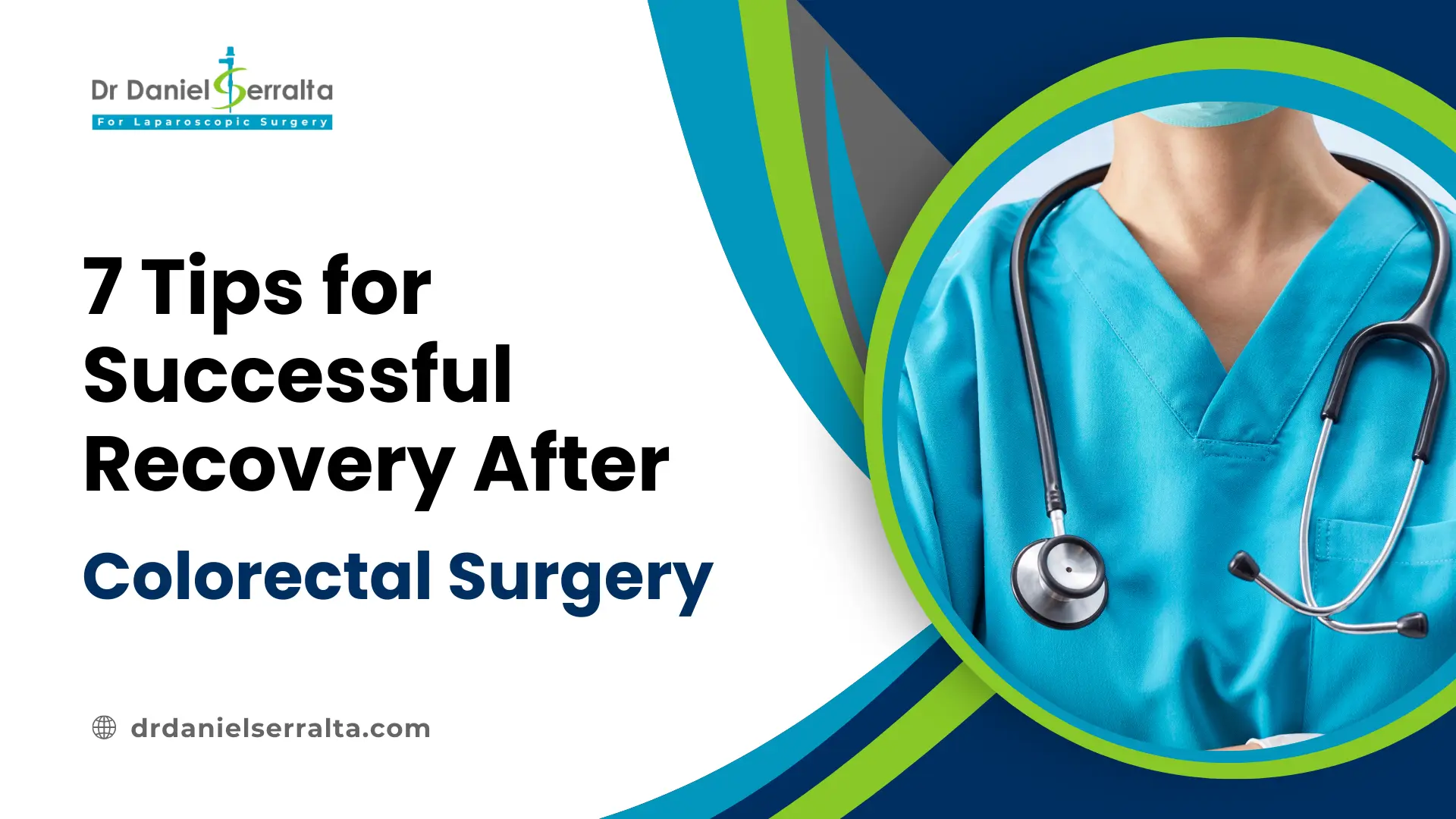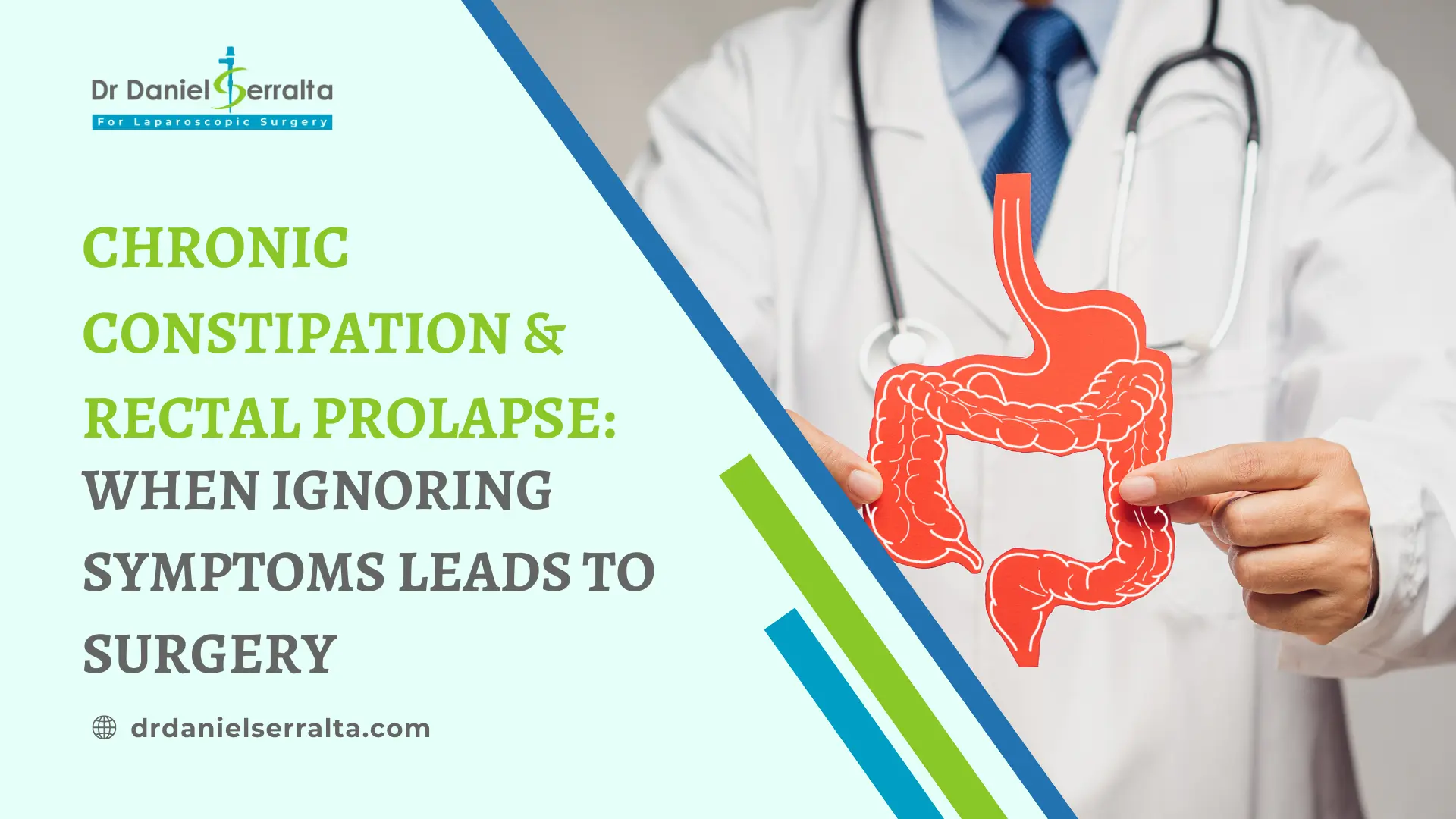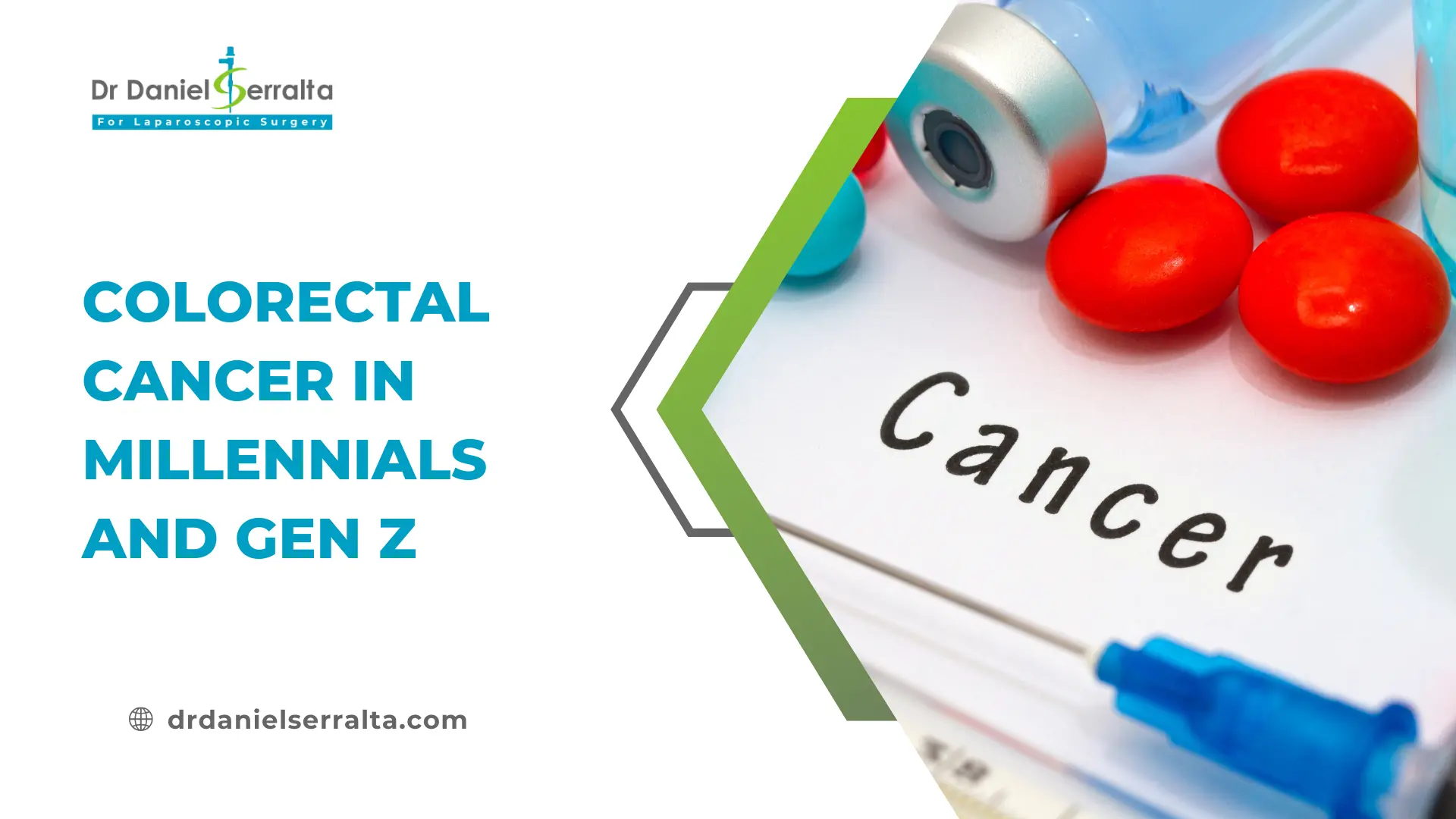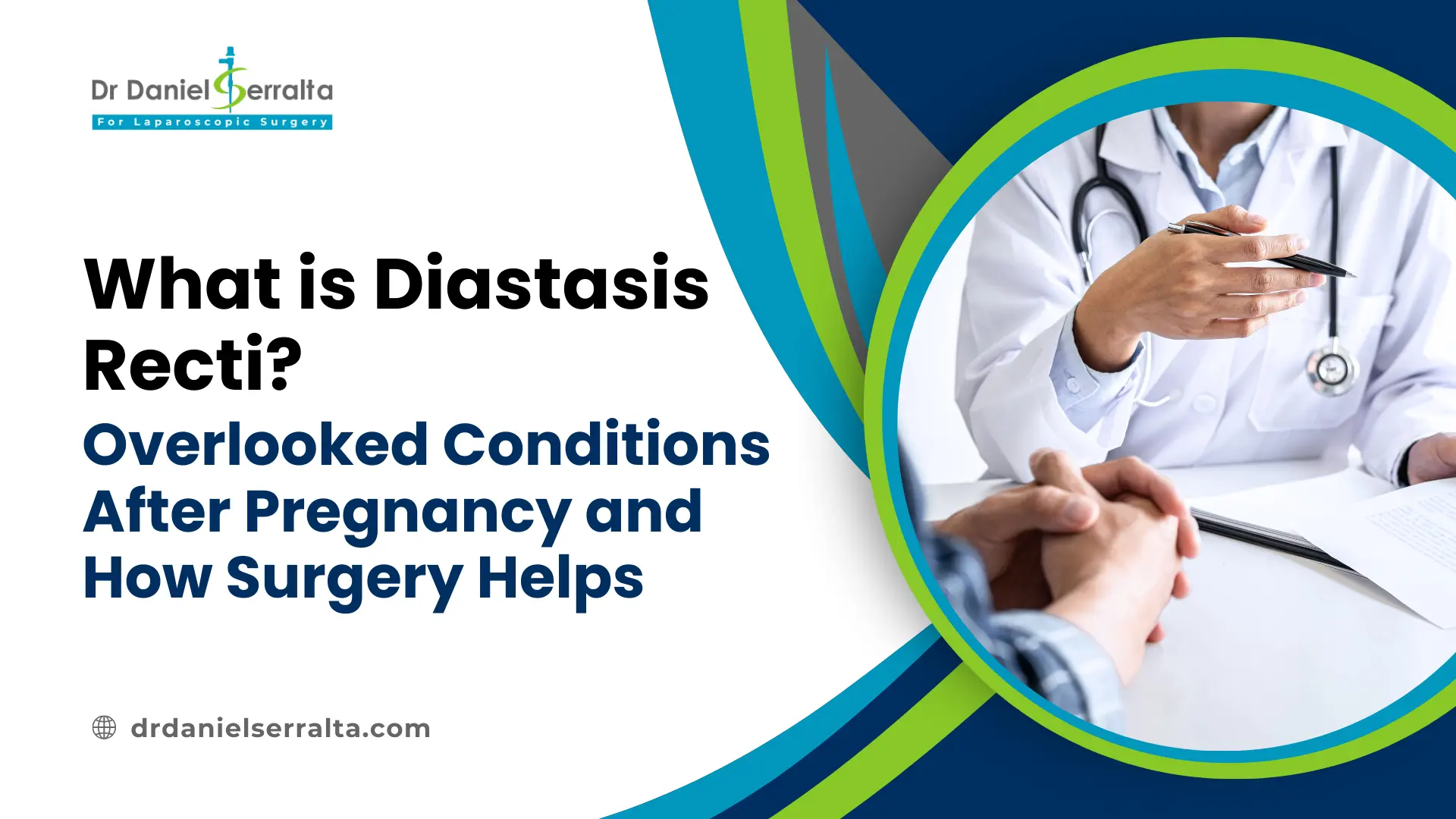7 Tips for Successful Recovery After Colorectal Surgery

As a Colorectal Surgeon in Dubai, I have patients who, quite rightly, worry about what will happen after an operation. Surgery is just one part of treatment; just as important as the preparation and the recovery afterwards. Recovery from colorectal surgery requires that you be patient, care for yourself and follow advice from medical professionals.
From my experience, here are seven important tips I give my patients to ensure they have a safe and smooth recovery after colorectal surgery.
Top 7 Tips for Successful Recovery After Colorectal Surgery
1. Prepare for the surgery
Preparing for an important surgery as colorectal surgery includes:
- Keep active. Daily exercise is strongly advised. If you are not a gym-lover, try to make long walks twice a day
- Keep a healthy diet high in lean proteins such as chicken, beef and fish
- Avoid alcohol and smoking at least 1 month before surgery, or as soon as possible if you don’t have that many time.
- Make intense breathing exercises, like inflating balloons every day before surgery
2. Follow My Post-Op Plan
Healing varies for each patient. That is why I provide individualised recovery plans.
- Take your medicines on time, as prescribed.
- Be aware of red flags, including fever, swelling, or excess drainage.
- Complete all follow-up visits, even if you feel great.
- Do not stop or change any medication without consulting me.
Following these instructions greatly minimises the risk of complications.
3. Dealing with Pain Effectively
First, pain is a normal process. But pain should not interfere with recovery. It is important to always take the pain medicine I provide. You should never start any over-the-counter pain medicine without my explicit approval. Relaxation techniques, as well as gentle breathing and warm compresses, can also be beneficial, if needed. If you have an unexpected increase in pain, please call me right away or come the emergency department.
4. Take care of the wound properly
Proper wound care is essential as it minimises the chances of infection and helps with faster recovery. Avoid getting the incision dirty or wet, and always wash your hands before touching or changing dressings. If you notice pus, foul odour, increased redness or swelling or any other changes, please let me know right away.
5. Be active but don’t overdo it
Rest is part of the recovery process, but complete rest can delay your recovery. Much of the early recovery involves light walking, which will help bowel function, prevent blood clots, and improve circulation. Start walking, even if only for short distances, and progressively become more active. Do not attempt to lift heavy weights or do strenuous exercise until you are cleared to do so (usually 6-8 weeks after surgery). For some patients, part of their recovery will involve physiotherapy.
6. Take Care of your Mental Health
Following surgery, it is common to feel down, anxious or overwhelmed. I encourage patients to be candid with me about their feelings, to engage in support groups, and to find something calming to do, like reading or meditating. As a Colorectal surgeon in Dubai, I will recommend counselling services that are abundantly available to assist patients through recovery.
7. Track your Bowel Functions
Bowel function is normally disturbed after surgery. Some patients may get constipation, while others get loose stools. I encourage patients to keep a log of what they eat and their bowel activity – this helps me modify their treatment plan if needed. Please avoid spicy and greasy foods in the initial phase. Additionally, I only want you to consider stool softeners or laxatives if I prescribe them.
When you should contact me right away
Although it is normal to experience minor problems, there are signs you should never ignore:
- A high fever or chills
- Marked distention of the abdomen or abdominal pain
- Abnormal bleeding or discharge from the wound
- Inability to pass gas or have a bowel movement
- Chest pain or difficulty breathing
If you see any of these signs, you should get immediate medical attention.
Why Opt for a Colorectal Surgeon in Dubai?
The surgeon ultimately impacts surgery and recovery. I will provide the most current surgical techniques, and I will provide aftercare that is structured to ensure you will be accompanied through dietary advice, physiotherapy, and emotional support, making sure that your recovery from colorectal surgery is as safe and comfortable as it can be.
Take Control of Your Recovery
Recovering from colorectal surgery is a process that takes time, careful consideration, and support. Recovery can be straightforward and uncomplicated with medical direction, patience and confidence.
If you want to receive individualised care for Colorectal Surgery Dubai, I would be pleased to support you through all the phases of treatment and recovery. Book a consultation today and begin your health journey.
Conclusion
Improving after colorectal operation isn’t just the operation itself it is also about how well you follow with the care you receive after. If you concentrate on nutrition, wound care, activity, and emotional health, you will give yourself the best opportunity to heal. My role as your Dubai Colorectal Surgeon is to ensure that you get the right support at every stage. Together, we will make your pathway for recovery as safe, easy, and successful as possible.
Commonly Asked Questions
1. How much time does it take to recover from colorectal surgery?
Depending on the type of surgery and general health, full recovery may take several months, but most patients feel better in 4–6 weeks.
2. What foods should I stay away from while I’m recovering?
Steer clear of fatty, spicy, and gas-forming foods. Add fiber gradually as directed, starting with light, soft meals.
3. When can I resume working out?
Early light walking is typically permitted, but refrain from strenuous exercise or heavy lifting for at least 6 to 8 weeks, or until your surgeon gives the all-clear.
4. How can I avoid constipation following surgery?
Drink plenty of water, gradually add fiber, and use stool softeners as directed by your doctor.
5. After colorectal surgery, is fatigue normal?
Indeed. We all get tired. Regaining energy will be aided by adequate sleep, a healthy diet, and moderate exercise.
6. After surgery, when should I give my surgeon a call?
Call immediately if you have fever, severe pain, unusual wound discharge, or cannot pass gas or stool.







